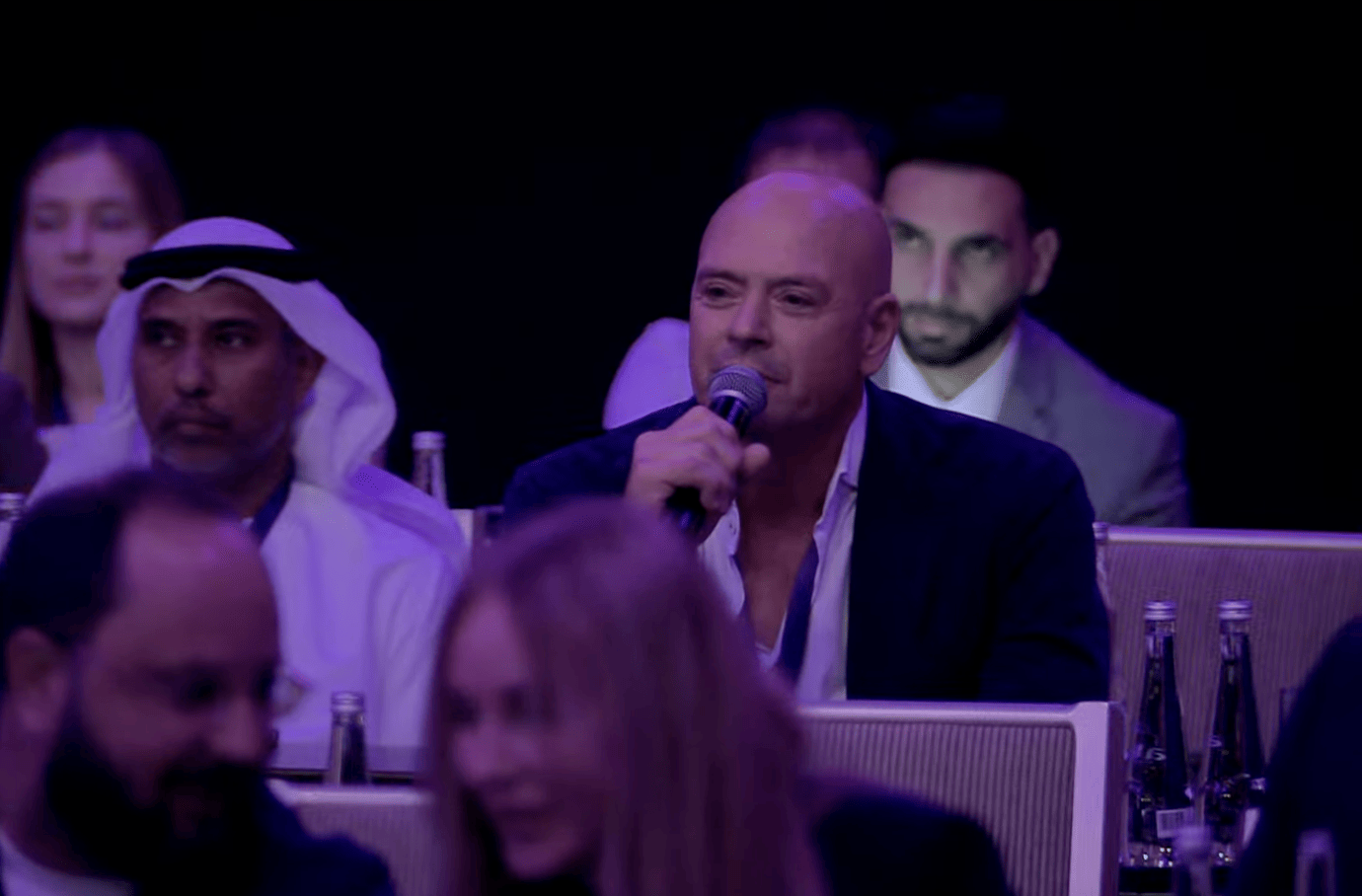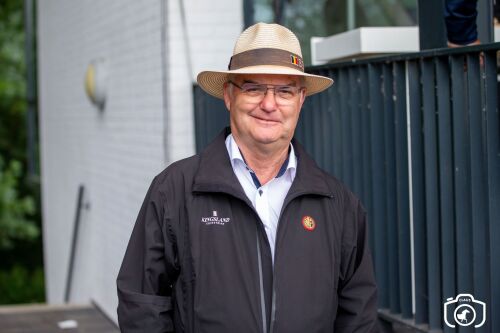This week, the FEI gathers for the General Assembly. During the General Assembly, the topics of horse welfare and social license were discussed. Among other things, the FEI's new tool for measuring the tightness of nosebands was discussed...
Francois Mathy Jr. rightly questions the circumstances under which the new noseband test was conducted. "I was present at the test myself, and it was conducted thoroughly by a professional team. Approximately 600 horses were tested under controlled and detailed conditions, similar to what you would find at an international competition. But even then, there is always time pressure. A horse may be nervous due to the unfamiliar environment, the steward may be under pressure due to their tight schedule, and so on. Now it has been decided to introduce a yellow card for certain cases of overly tight nosebands, as part of the elimination rule. Isn't that too harsh a signal? Why wouldn't an elimination for an overly tight noseband be sufficient?" Mathy wonders.
Mikael Rentsch responds by pointing to the rules: "This is laid down in the regulations. We must not forget that the measurement takes place before the competition. The goal is not to impose sanctions, but to motivate athletes to always adjust the noseband in a comfortable and supple manner." Mathy remains critical: "Physical and emotional stress are simply part of every sport. You want a strict set of rules for horse welfare, but you must also take into account the reality of the sport. In your current research, you want to be able to identify signs of stress and emotion and, if necessary, punish them. But sport is simply a combination of factors, including stress and emotion. What is actually the goal of this approach?"
Göran Ankerström responds: "In our research, we want to acknowledge that mental fitness is an essential part of the sport. Horses experience emotional stress, although they often hide it well. For us, it is more important than ever to acknowledge this and not ignore it. Personally, I think this will ultimately benefit the sport."
Mathy understands this point of view but remains with a question: "But the core question remains whether the federation and welfare committee can acknowledge that stress and emotion are inherent in the sport as a whole." Ankerström emphasizes that the rules are precisely there to safeguard 'horsemanship' and to be laid down in regulations.



